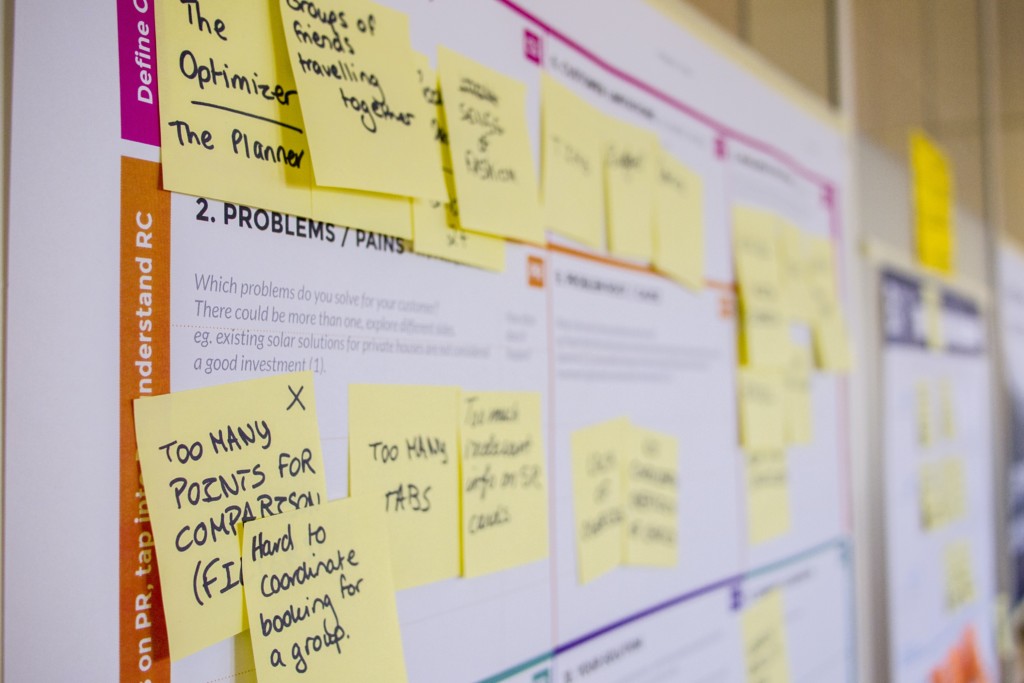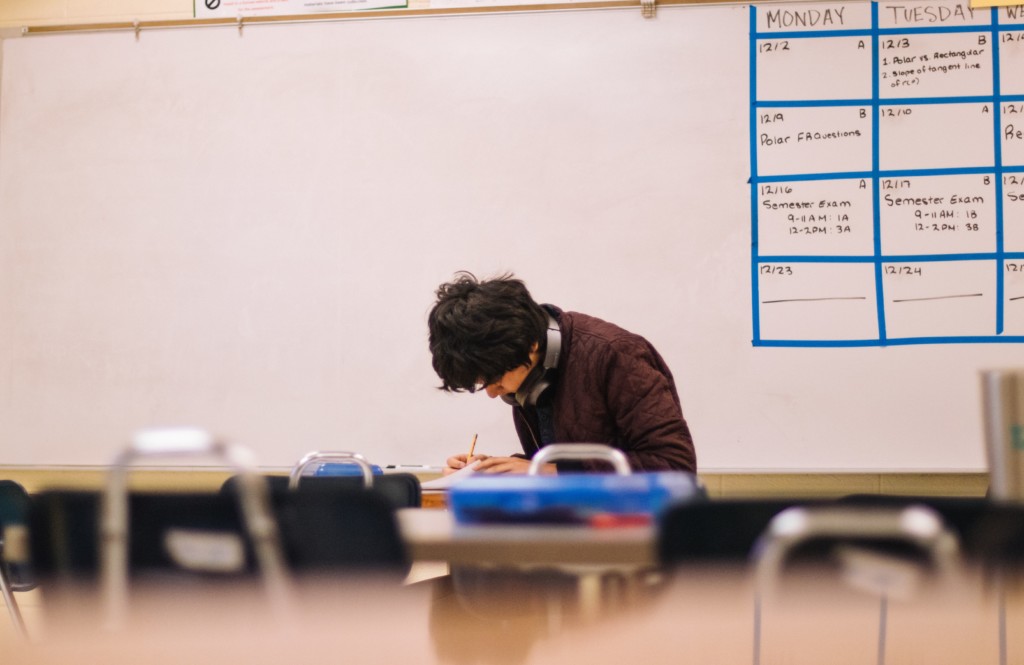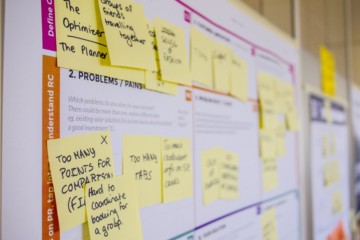
How to Learn Effectively? Advice from Lecturers
How can you learn to balance your life, to make your knowledge last and become your own, and to avoid a chaotic and debilitating phase with last-minute tests? When December and January are full not only of holidays, but also of all kinds of tests and exams, seemingly any advice is useful. Not just any advice, but practical, tried-and-tested and workable study tips from our College lecturers.
Aušra Gaivenienė, Team academy coach and trainer
- Schedule time for learning and include it alongside all other activities.
- Make a plan for each day, or at least each week, and implement it.
- Look for interesting ways of learning that work for you: maybe it’s a different location, maybe it’s learning with a few friends in a group, maybe it’s a different format (listening or reading).
- Use the Pomodoro method of learning: 25 minutes of very intensive learning and 5 minutes of rest, 25 minutes of learning and 5 minutes of rest. During the rest time, do what you like, what you feel like doing: lie down quietly, talk to someone else, make some tea, etc. The most important thing is to change activities after active learning.
Assoc. dr. Gitana Neverienė, Director of Vilnius Business College
- “Repetitio est mater studiorum” (Latin for “repetition is the mother of learning”) is a highly effective way of learning that reveals the essence of the whole learning process and has even been proven by scientific studies of brain activity. Our brains tend to forget a lot of things, which is why it is essential to repeat all the information we receive during our studies. This is the only way to prepare effectively for an exam or other form of reporting.
- The absorption of information is also enhanced by the emotion attached to it and its association with something (dance, action, object, etc.). This is very individual, so search, try, discover and find out which connections work best for you to assimilate the information.
- Test different ways of absorbing information, e.g. you remember more when you hear or read information. When you find your preferred method, it will be much easier to remember.
- Resting before an exam is very important as it gives the brain time to process everything, so don’t sacrifice sleeping hours for other activities.
Julius Balčikonis, lecturer in computer graphics
In each discipline, look for subjects, topics, practical applications, etc. that are of personal interest to you. When you find an angle that engages and interests you, learning will become a powerful motivation, a pleasure rather than a torment.
Violeta Jadzgevičienė, Lecturer, Head of IT Department
- Put into practice traditional learning techniques that many students have tried and found effective: e.g. underlining important points in notes or texts, writing down key points and reading them later, telling a friend what you have learned, asking a friend to tell you what they have learned themselves.
- Learn with a friend. It’s motivating, supportive, and much easier to find out the information you’re missing or to go deeper into topics you don’t fully understand.
- Before going to bed, repeat in your mind the key points you have learnt that day.
Aušra Kandola, Lecturer in Content Development for Media
- During the lectures, outline and then work on your notes: read, underline important points (use different colours to mark different important information), write short notes in the margins (this can be done on the computer). It is very important to read your notes at least a few times and to repeat them to yourself or a friend without looking at the notes. If the information is complicated or you find it difficult to remember, read your notes more often and repeat what you have read.
- Before an exam or an important report, think in advance about what you will reward yourself with after you pass the exam and make sure you do it. These can be simple things that you always run out of time for: a lazy day at home, a trip to another city, a long meeting with friends, a hobby day, etc. Let this be your motivation for learning, especially when you get lazy, lose your temper, get overwhelmed by doubts or lack of confidence. Reward yourself not only for significant achievements, but also for smaller ones, especially when you are studying a subject you find more difficult.
Good luck with your studies!













